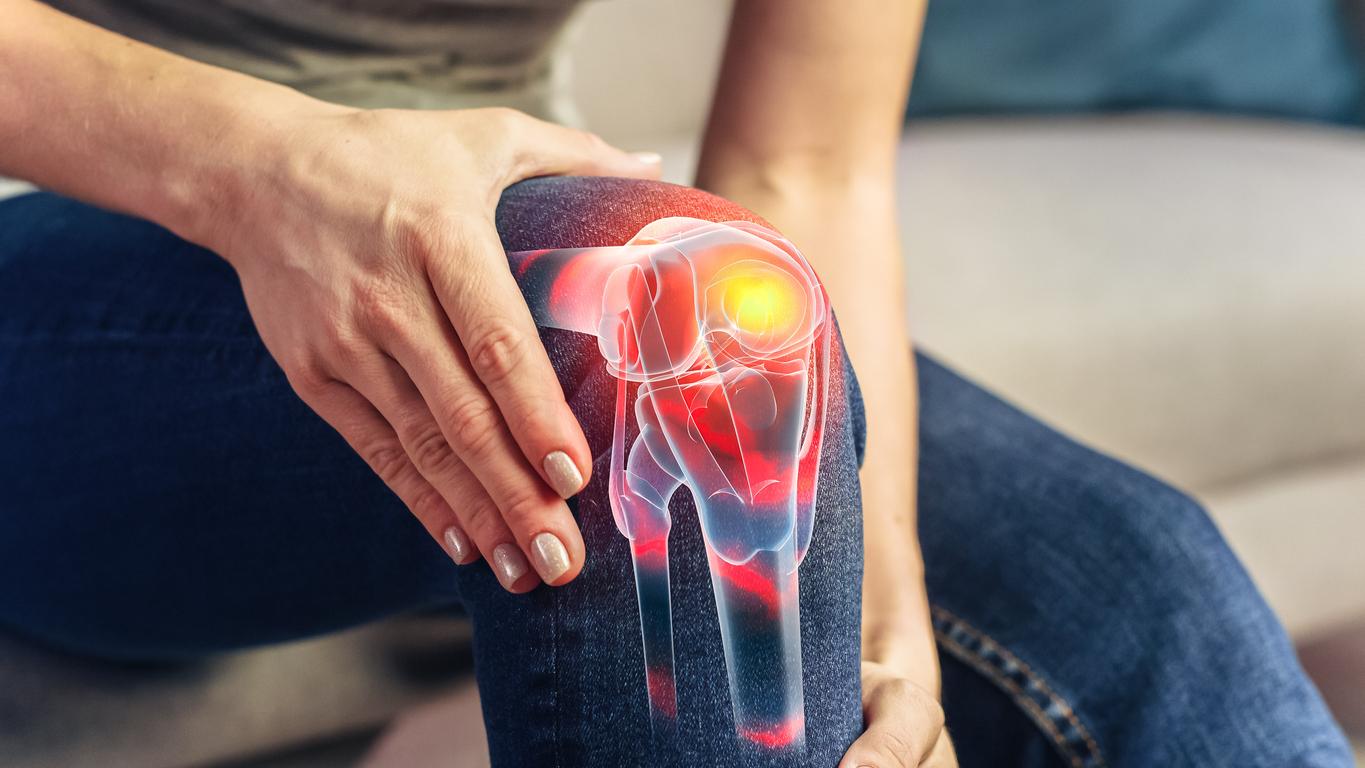April 24, 2007 – Despite numerous studies which have concluded that chondroitin is effective in relieving arthritis pain, Swiss researchers have come to the opposite conclusion. According to their results, supplements composed exclusively of chondroitin are not very effective against osteoarthritis.
The researchers analyzed around 20 studies published since 1987, including three carried out more recently. These latest clinical trials involved more patients with osteoarthritis of the knee or hip1.
According to the authors, the positive results of the first studies, carried out at the end of the 1980s, could be attributed to methodological weaknesses as well as to the state of health of the patients. The earliest research tested chondroitin in subjects with mild osteoarthritis, while the most recent studies looked at patients with moderate to severe osteoarthritis, which is more difficult to treat.
Both the DD Sylvie Dodin2 that the professor of pharmacology Jean-Louis Brazier3 note that these results follow the evolution of the most recent scientific evidence on the effectiveness of supplements composed only of chondroitin.
“Taken alone, chondroitin has not given convincing results”, summarizes Jean-Louis Brazier. According to him, the body has difficulty absorbing chondroitin in supplement form, which could explain the poor results.
Pharmacist Jean-Yves Dionne, however, has reservations about the researchers’ results. “We eliminated small studies as well as some that include x-rays showing a positive effect of chondroitin on cartilage,” he laments.
Glucosamine: a good choice
Regardless, supplements that combine chondroitin and glucosamine would still be a good choice. “These results do not call into question the studies dealing with the glucosamine-chondroitin combination which would have a synergistic effect”, maintains the DD Sylvie Dodin.
Jean-Louis Brazier judges that, given the cost of chondroitin, a glucosamine supplement alone may be sufficient. “The efficacy of glucosamine is based on conclusive evidence for both pain and reduction in cartilage wear,” concludes the professor.
Jean-Yves Dionne points out that in one of the studies in the meta-analysis, the combined supplement was more effective than a nonsteroidal anti-inflammatory drug (NSAID), against arthritis pain of moderate to severe intensity.
Contradictory results
Studies published in 2000 and 2003 concluded that chondroitin was effective in relieving symptoms of osteoarthritis4. In February 2006, a clinical trial, funded by the National Institutes of Health in the United States, however, gave inconclusive results on chondroitin and glucosamine taken alone.5. These findings caused a lot of noise, especially because the study involved 1,500 subjects and was published in the prestigious New England Journal of Medicine.
Some experts, however, placed the findings of this trial in context, stressing the importance of the placebo effect and the barely superior performance of celecoxib (Celebrex). Note that the glucosamine-chondroitin combination has given good results (better than those of celecoxib) in subjects suffering from moderate to severe pain.
Martin LaSalle – PasseportSanté.net
1. Reichenbach S, Sterchi R, et al, Meta-analysis: chondroitin for osteoarthritis of the knee or hip, Ann Intern Med, April 17, 2007, Vol. 146, No. 8, 580-90.
2. The DD Sylvie Dodin is a gynecologist and holder of the Lucie and André Chagnon Chair for teaching an integrated approach to prevention at Laval University.
3. Jean-Louis Brazier is a full professor at the Faculty of Pharmacy at the University of Montreal.
4-5. For more on this, see our chondroitin file.
















